The New Addictions
Behavioral addictions — to shopping, sex, even e-mail — trigger the same rush of feel-good dopamine to the brain as drugs and alcohol. Since these "fixes" aren't formally recognized by the medical establishment, insurance won't pony up for treatment. But that doesn't mean they can't undo your life.
"I'm addicted to shopping"
RACHEL DIAZ, 26, MIAMI
I started shopping compulsively a few years ago. I was a new mom in an unhappy marriage. I worked as a sales executive for a mortgage business, which was a very stressful job. Shopping empowered me — I somehow felt that if I bought the outfit from the happy window scene, then I might be happy myself. But things got out of hand pretty quickly. I was spending about $1200 a month on clothes; I had 150 pairs of shoes, 35 purses, and 25 pairs of sunglasses. My two walk-in closets were filled with clothes with the tags still on. And yet, I'd open my closet and say, "I have nothing to wear."
Some days I'd go to different branches of the same store — it's uncomfortable when the salespeople recognize you. It's just like being a junkie: You want the fix, but you don't want to get caught. I started labeling my friends as ones who would go shopping with me — my partners in crime — and ones who wouldn't. One friend and I would spend 14 hours at the mall. We called it Girls' Day Out. Even when I was on deadline at work, I'd be on eBay buying stuff. I started losing clients because I'd rush through appointments or skip them altogether to go shopping.
I didn't want my husband to know how much I was spending, so I would hide things, letting bags pile up in the back of my SUV until he was at work and I could bring the stuff inside. If he was home, I'd shove things inside my coat or wear them from the car into the house so they didn't seem new. I learned to be a master of disguise. But of course he noticed. He'd tell me, "You have a spending problem." I didn't feel like he should be saying anything, though, because I was still making good money — about four times as much as he was. And my husband never tried to help me with the problem. He just reprimanded me for it, which would lead to more fights.
I hit rock bottom when the mortgage industry crashed. I got a different job, but I don't make anywhere near what I used to. It's been a big reality check. I don't ever want to be in a position where I have to say to my son, who just turned 4, "Mommy can't get you that toy you want because she has no control over what she wants." I've gotten my spending down to about $600 a month. When I do go to stores, I ask myself, "Do I really need this?" It's a constant, daily struggle.
—As told to Sarah Z. Wexler
Hey, Big Spenders
9 million women in America suffer from a compulsive-shopping disorder.
Signs you may be a shopaholic:
Stay In The Know
Get exclusive access to fashion and beauty trends, hot-off-the-press celebrity news, and more.
Ways to deal:
NEXT PAGE:
"I can't get through the day without my pills"
SERENA JAMES, 25, NEW YORK CITY
I'm an anxious person — a problem that literally keeps me awake at night. When I was in high school, I'd take NyQuil or Tylenol PM to get some rest — then I'd end up sleeping through all my morning classes. I was a straight-A student, so my parents didn't make a big deal about it. When I got to college, I couldn't afford to miss classes anymore, so I got a prescription for Klonopin, which is a relaxant. The next day I'd just drink coffee after coffee to shake the effects of it. One time I took a Klonopin with some cocktails during a night out with friends. I ended up passing out in the vestibule of my building. That's the last time I mixed my meds with anything hard.
After I graduated, I got a PR job and ended up taking on several foreign clients. Now I have to be up by 6 a.m., sometimes earlier, to get on overseas conference calls. That's a big problem, since I can't really get to sleep before 2 or 3 in the morning. I lie in bed for hours writing memos in my head, revisiting conversations I've had with people — only I'm never entirely sure if those conversations really happened or if they're just really vivid daydreams. So I take Lunesta to help me rest, though it leaves a metallic taste in my mouth and makes me really groggy. I have to be 100 percent prepared and ready to go in the morning, so I counteract the fatigue by taking an Adderall, which sometimes makes me jittery. I'll also pop outside every few hours to smoke. I used to drink Red Bull, but my blood pressure just skyrocketed. So now I drink about seven cans of Diet Coke a day. I know — I'm a stimulant junkie.
I haven't told any of my coworkers about this — I don't want them to think I have a dependence on anything. They just wouldn't get it. They all complain about how hard it is to get out of bed in the morning. But they have no idea how exhausting it is for someone like me. Most days I feel like I'm walking through Jell-O. If I don't take something, I just wouldn't be able to function.
—As told to Lea Goldman
Drugstore Cowgirl
Signs that you may be a scrip junkie:
Doctor-supervised methods of breaking the habit:
NEXT PAGE:
"I check my e-mail 100 times a day"
ERIN CLARK, 26, NEW YORK CITY
I'm an actress. These days most casting calls are posted online, so if you want to work, you have to be on the Web. Two years ago, I got an e-mail about an audition that was happening that same day — but I didn't see the message until it was too late. Since then I've lived in fear that I'd miss an opportunity if I didn't check my e-mail.
I began logging on to my account over and over again, sometimes 100 times a day. Now I spend maybe 75 percent of my day online, checking e-mail, casting Websites, MySpace, and Facebook. Then I'll circle back and recheck all of them continuously. On many nights, I've stayed up until 4 a.m. doing this. I've even been late for auditions because I was online. Now, I find it hard to communicate any other way — like when I got a message from a casting director who said to call back immediately, and I e-mailed him instead. Of course, he never got back to me.
It's just easier for me to stay behind a computer screen than deal with small talk. A few months ago, I said I'd attend a friend's performance, but at the last minute I decided to stay home and surf the Web. I barely talk to some of my best friends, and if I do, it's through Facebook. I'm opening up to my therapist about my reliance on the Internet and its effect on my relationships, but I'm not sure cutting back is realistic. There are a lot of breaks during TV and film shoots, so I keep my phone close by so I can check my messages.
—As told to Jihan Thompson
49% OF WOMEN AGES 18 TO 34 WOULD FORGO SEX FOR TWO WEEKS RATHER THAN GIVE UP THE INTERNET.
Hooked on CrackBerry?
Some 21 million people stay connected via the BlackBerry. A subset of them compulsively check their in-boxes — in the bathroom, on a date, even during sex. For these folks, an incoming e-mail cues the same dopamine kick as a win at the blackjack table.
"Much of what you get on the BlackBerry isn't great, like spam or calls from the dog groomer," says virtual addiction expert David Greenfield, Ph.D. "But once in a while you get a pleasurable hit, like a note from a big client or from someone you love." Jackpot. The hope that someone truly needs or wants you keeps e-mail fiends coming back for more.
NEXT PAGE:
"I'm a recovering porn addict"
ADELAIDE BROWN, 28, SEATTLE
I had very few friends in college, and guys were completely uninterested in me. It was a lonely period in my life, so I'd log on to the Internet and look at porn now and again. It addressed a lot of the curiosities I had about the human body, and also got me really excited. I'd never had a serious boyfriend, so I pretended the men on-screen wanted me. It gave me an identity — that I was somebody's girlfriend.
I didn't become seriously addicted to porn until last summer. I'm a middle-school teacher, and my boss at the time used to rip me to shreds. He was horrible, always calling me worthless. One night I came home, saw an online ad, and spent the next six hours looking at porn. The next night it was eight hours. Pretty soon I was spending every night watching porn online and experimenting with masturbation. It was the perfect distraction, especially since it's so cheap and easy to find. I'd race home at about 4 in the afternoon, close the blinds, turn off the lights, lie on the couch with my laptop in front of me, and basically go into hiding until the next day.
But I couldn't function at work because I was so exhausted, and I couldn't even look at a man without imagining him naked. I lived in fear that the people at the Christian school where I worked would find out (obviously, this addiction is just completely inappropriate if you're teaching kids). I walked around in a constant state of shame and panic. What kind of woman gets addicted to porn?
Eventually, I worked up the courage to tell the pastor of my church, who connected me with a woman in the congregation who was also dealing with a porn addiction. I never imagined there were other women out there like me. She's my accountability partner — we installed a filter on my computer that only she knows the password to. I'd gone almost a month without porn when I relapsed last November. My grandmother passed away, and I was overcome with grief and desperate for some relief, so I ordered pay-per-view. But I'm learning to be brutally honest with my accountability partner. Now, I'm approaching 40 days since I last looked at porn, and my close friends are planning to celebrate with me. My goal is to go another 100 days, then treat myself to a vacation. That's what keeps me motivated.
—As told to Lea Goldman
Overexposure
9.4 million women view adult-entertainment sites each month.
How to tell if your naughty bookmarks signal a bigger problem:
Try these tips for keeping your porn habit in check:
Dedicated to women of power, purpose, and style, Marie Claire is committed to celebrating the richness and scope of women's lives. Reaching millions of women every month, Marie Claire is an internationally recognized destination for celebrity news, fashion trends, beauty recommendations, and renowned investigative packages.
-
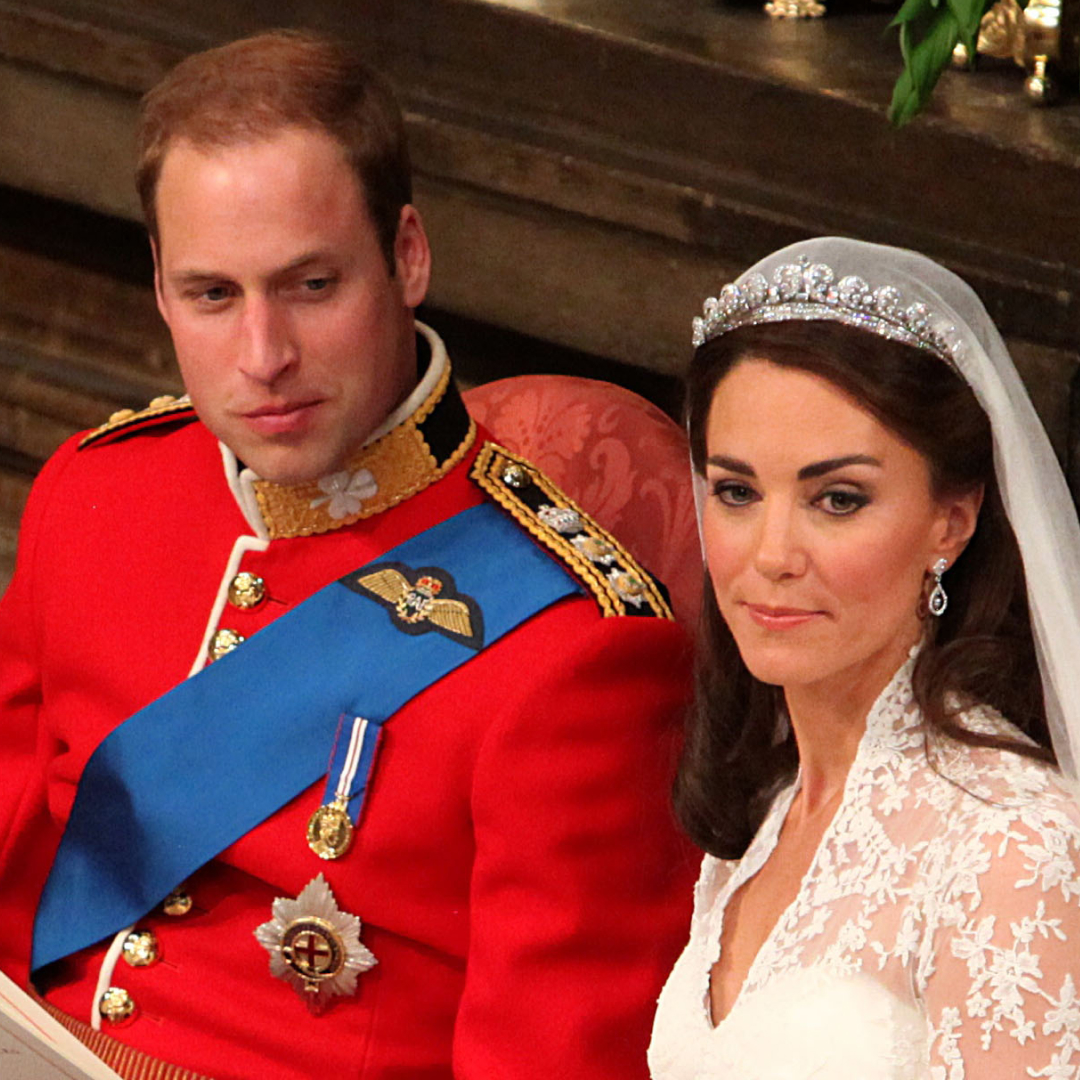 Why Prince William's Exes Attended His Wedding to Kate Middleton
Why Prince William's Exes Attended His Wedding to Kate MiddletonThe exes were invited "due to a more peculiar upper class British tradition."
By Amy Mackelden
-
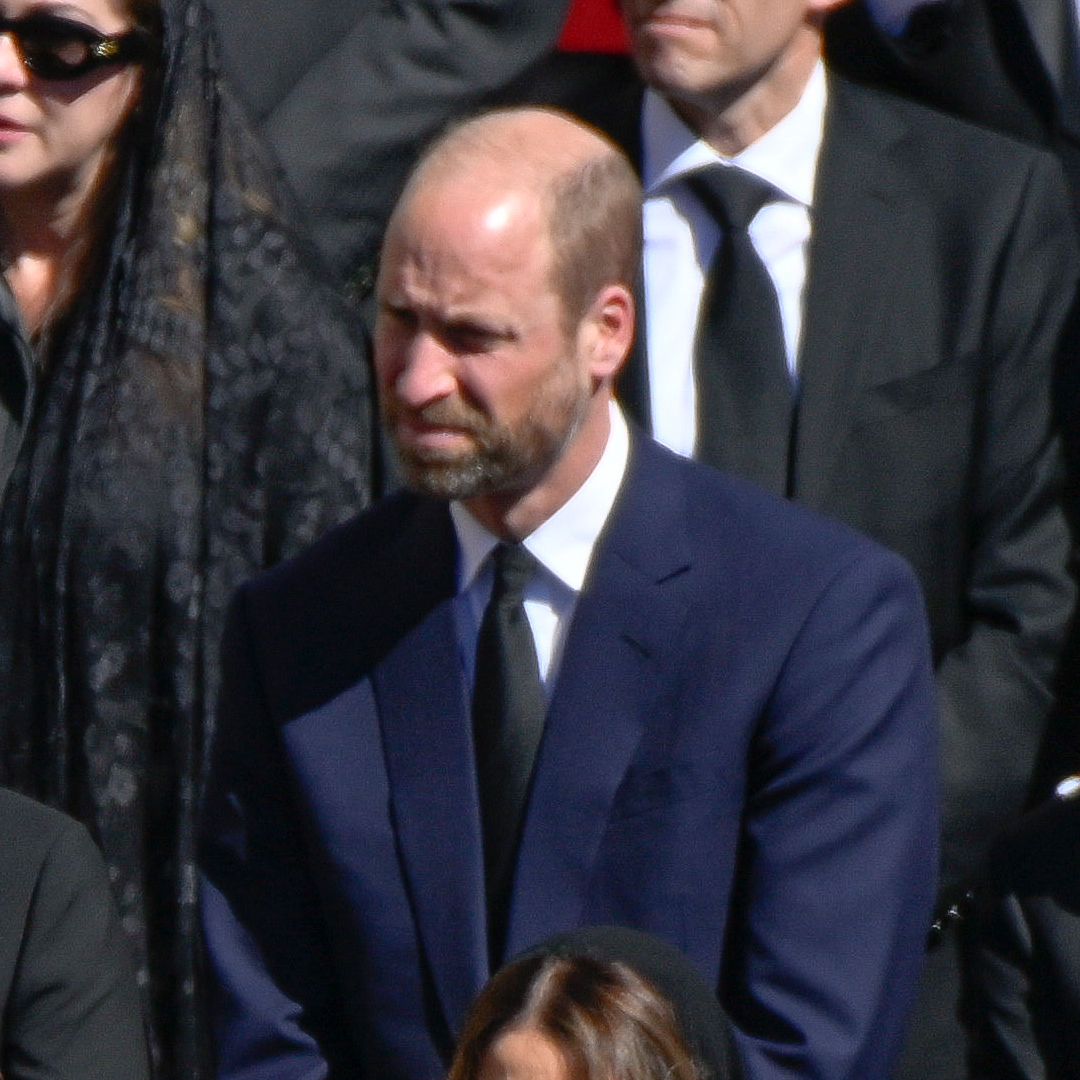 Why Prince William "Stepped in" for King Charles at the Pope's Funeral
Why Prince William "Stepped in" for King Charles at the Pope's FuneralThe seating plan was described as a "master plan" of "big egos."
By Amy Mackelden
-
 A Vintage Fendi Baguette Is Bella Hadid's Plus-One
A Vintage Fendi Baguette Is Bella Hadid's Plus-OneThe model paired her skintight capri jumpsuit with pointed-toe heels.
By Amy Mackelden
-
 Senator Klobuchar: "Early Detection Saves Lives. It Saved Mine"
Senator Klobuchar: "Early Detection Saves Lives. It Saved Mine"Senator and breast cancer survivor Amy Klobuchar is encouraging women not to put off preventative care any longer.
By Senator Amy Klobuchar
-
 I'm an Egg Donor. Why Was It So Difficult for Me to Tell People That?
I'm an Egg Donor. Why Was It So Difficult for Me to Tell People That?Much like abortion, surrogacy, and IVF, becoming an egg donor was a reproductive choice that felt unfit for society’s standards of womanhood.
By Lauryn Chamberlain
-
 The 20 Best Probiotics to Keep Your Gut in Check
The 20 Best Probiotics to Keep Your Gut in CheckGut health = wealth.
By Julia Marzovilla
-
 Simone Biles Is Out of the Team Final at the Tokyo Olympics
Simone Biles Is Out of the Team Final at the Tokyo OlympicsShe withdrew from the event due to a medical issue, according to USA Gymnastics.
By Rachel Epstein
-
 The Truth About Thigh Gaps
The Truth About Thigh GapsWe're going to need you to stop right there.
By Kenny Thapoung
-
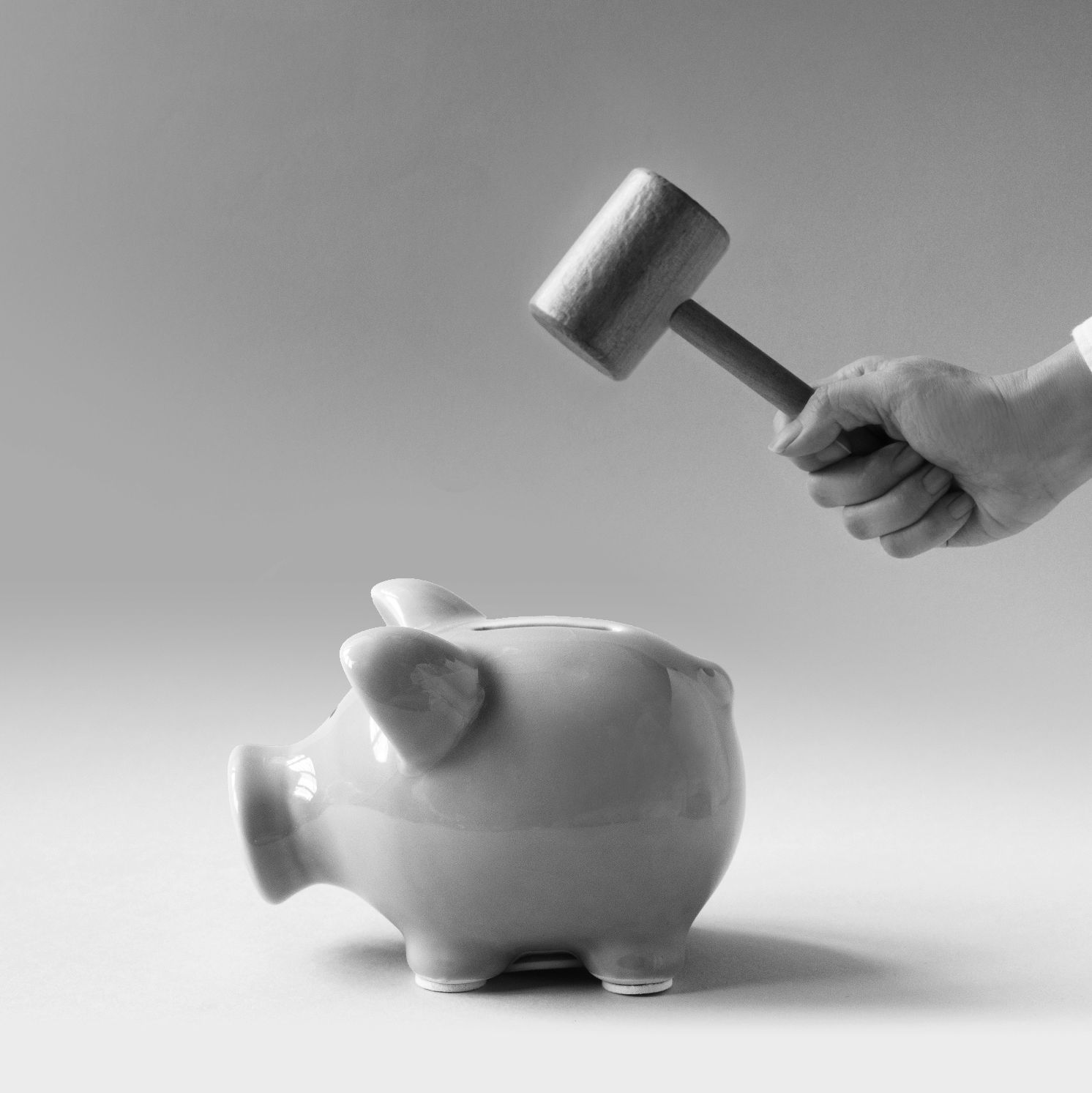 The High Price of Living With Chronic Pain
The High Price of Living With Chronic PainThree women open up about how their conditions impact their bodies—and their wallets.
By Alice Oglethorpe
-
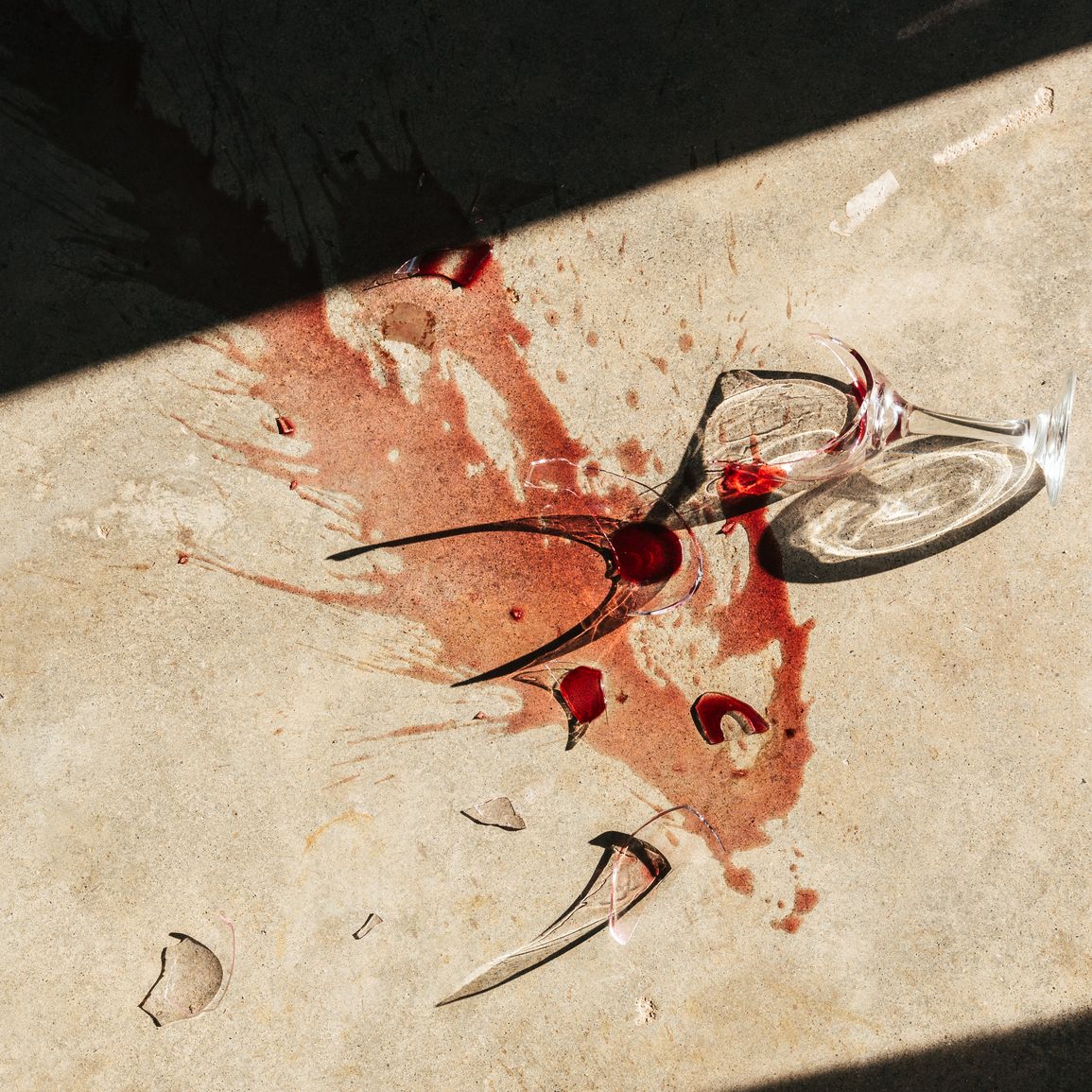 I Used to Imagine Murdering the Men I Dated
I Used to Imagine Murdering the Men I DatedFalling in love helped me finally figure out why.
By Jessica Amento
-
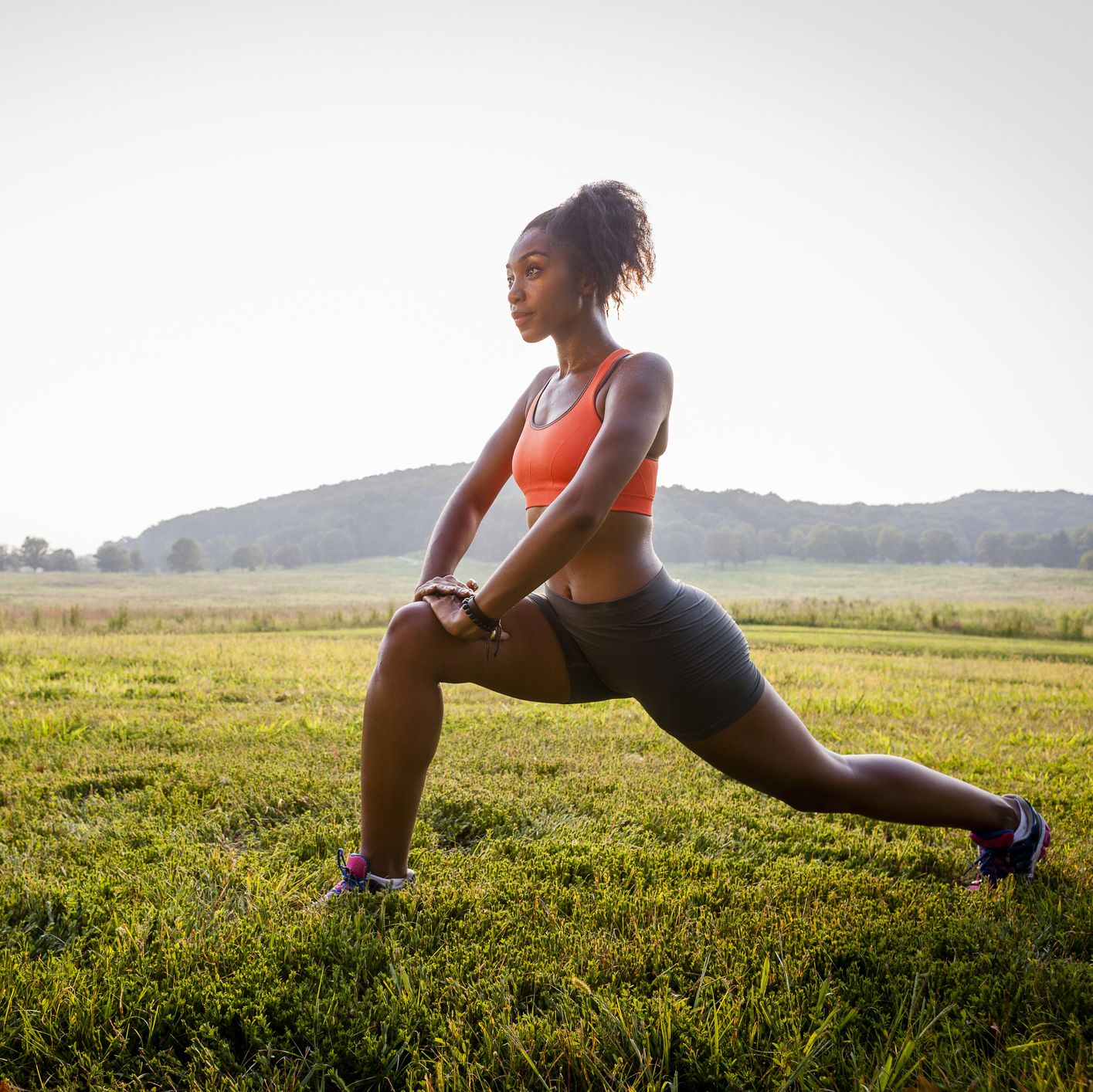 60 Workout Apps for Women Who Want Results (Without a Gym Membership)
60 Workout Apps for Women Who Want Results (Without a Gym Membership)Buying Guide Easy fitness plans you can follow without fear of judgment.
By Bianca Rodriguez